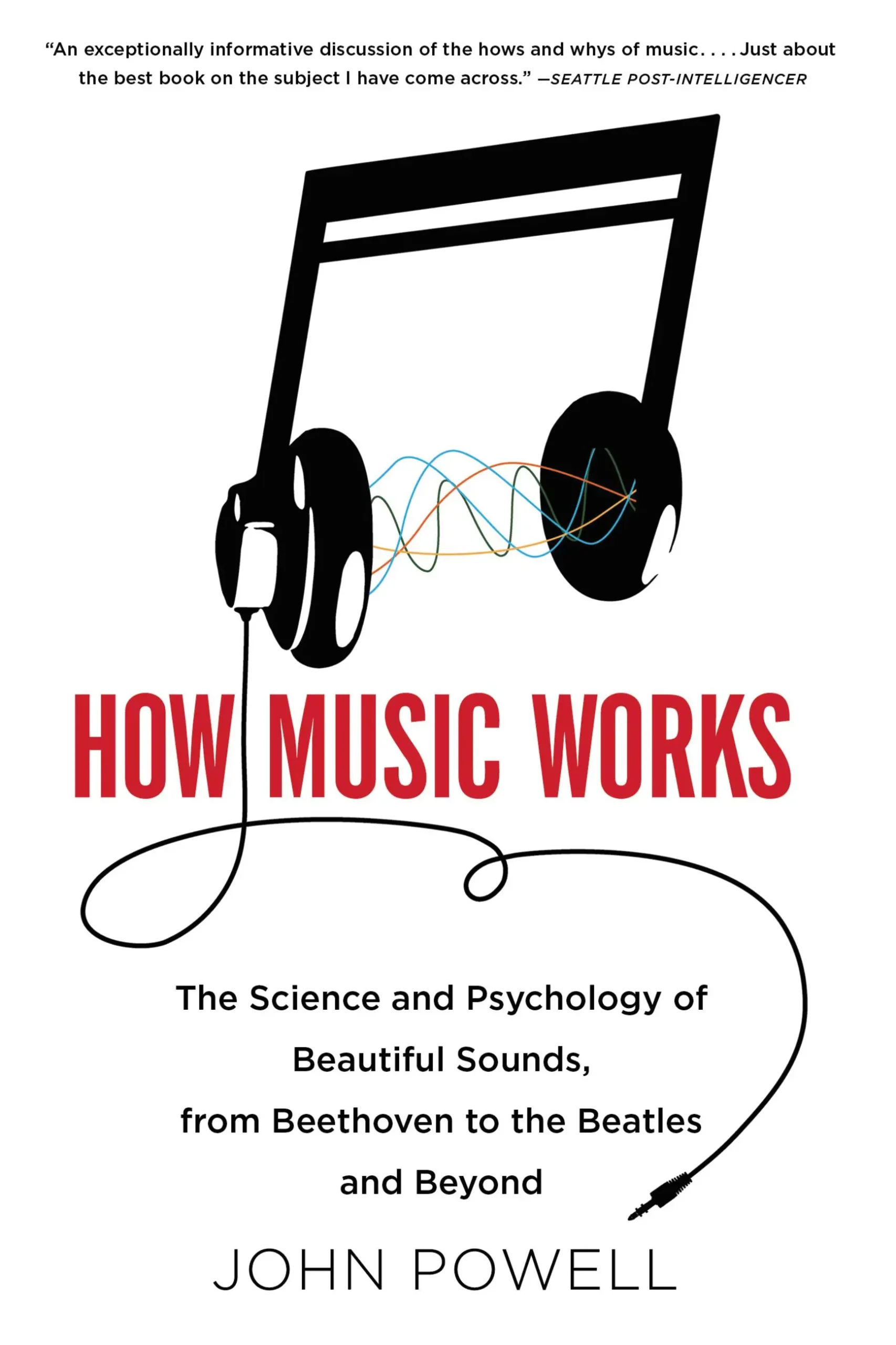Music has been a powerful force throughout human history, shaping cultures, influencing social movements, and providing solace and joy to individuals worldwide. From ancient rituals to modern-day streaming platforms, music’s impact on society is profound and multifaceted. This article delves into the ways music has changed the world, exploring its role in cultural evolution, social change, technological advancements, and personal expression.
Cultural Evolution And Identity
Music is deeply intertwined with cultural identity, serving as a means of expressing traditions, values, and beliefs across generations.
Traditional Folk Music: Preserves cultural heritage and storytelling traditions.
Classical Music: Reflects historical periods and societal norms, influencing art and literature.
Ethnic and World Music: Celebrates diversity and fosters cross-cultural understanding.
Pop Culture Music: Shapes trends and defines eras, from the Beatles to Beyoncé.
Social Movements And Activism
Throughout history, music has been a catalyst for social change, amplifying voices and inspiring action in pursuit of justice and equality.
Civil Rights Movement: Songs like “We Shall Overcome” became anthems of resistance and solidarity.
Anti-War Protests: Music fueled protests against wars, from Vietnam to the Iraq War.
Feminist Movement: Artists like Aretha Franklin and Beyoncé empowered women through their music.
LGBTQ+ Rights: Songs like “Born This Way” by Lady Gaga promoted acceptance and equality.
Technological Advancements And Industry Evolution
The evolution of music technology has revolutionized how music is created, consumed, and distributed, shaping the music industry and global culture.
Recording Technology: From vinyl records to digital streaming, innovations like CDs, MP3s, and streaming platforms have transformed music accessibility.
Production Tools: Digital audio workstations (DAWs) and software instruments have democratized music production.
Online Platforms: Streaming services like Spotify, Apple Music, and YouTube have changed how we discover and share music.
Social Media: Artists connect directly with fans, bypassing traditional gatekeepers and marketing channels.
Globalization And Fusion of Musical Styles
As the world becomes more interconnected, music reflects a fusion of styles, genres, and influences from diverse cultures.
World Music Fusion: Artists blend traditional sounds with modern genres, creating new musical landscapes.
Cross-Cultural Collaborations: Global collaborations bring together artists from different backgrounds, promoting cultural exchange.
Music Festivals: Events like Coachella and Glastonbury showcase a diverse lineup of artists from around the world.
Emotional And Mental Health Impact
Music has a profound impact on emotional well-being, providing comfort, catharsis, and healing during times of joy, sorrow, and stress.
Therapeutic Music: Used in music therapy to alleviate anxiety, depression, and trauma.
Mood Regulation: Music can uplift spirits, calm nerves, or evoke nostalgia and memories.
Community and Connection: Shared musical experiences foster a sense of belonging and connection among people.
Education And Cognitive Development
Music education plays a crucial role in cognitive development, enhancing language skills, mathematical abilities, and creative thinking.
Early Childhood Education: Music stimulates brain development and improves academic performance.
Music Literacy: Learning to read and play music enhances cognitive skills and emotional intelligence.
Creative Expression: Music provides a medium for self-expression and creativity across all ages.
Economic And Cultural Industries Impact
The music industry is a significant economic and cultural force, generating revenue, employment, and tourism while shaping global trends and tastes.
Economic Impact: Concerts, tours, merchandise, and streaming services contribute billions to the global economy.
Employment Opportunities: Musicians, producers, engineers, and support staff drive a thriving industry ecosystem.
Tourism and Destination Events: Music festivals and events attract millions of tourists, boosting local economies and cultural exchange.
Digital Transformation And Future Trends
As technology continues to evolve, the music industry adapts to new trends, business models, and creative possibilities.
AI and Music Creation: Artificial intelligence is used in composing, producing, and analyzing music.
Virtual Reality and Immersive Experiences: VR concerts and interactive experiences redefine live performances.
Blockchain and Royalty Management: Blockchain technology enhances transparency and fairness in royalty distribution.
Sustainability and Social Impact: Artists and industry players prioritize sustainability, activism, and social responsibility.
Conclusion
Music’s impact on the world is far-reaching and multi-dimensional. From its role in cultural preservation and social movements to its influence on technology, mental health, education, and economic sectors, music has changed how we live, connect, and express ourselves. As we continue to embrace technological advancements and cultural diversity, music will remain a dynamic and transformative force, shaping our global society for generations to come.
Related topics:


























